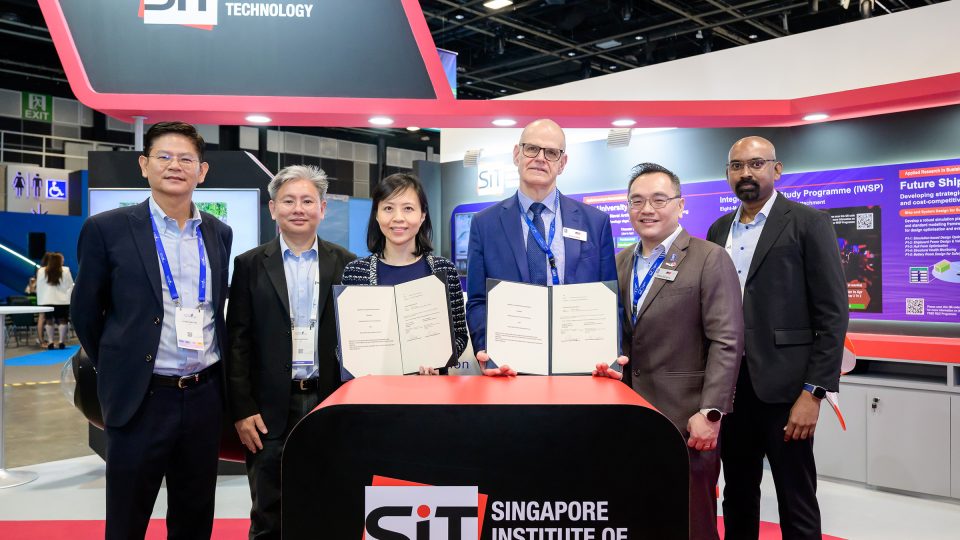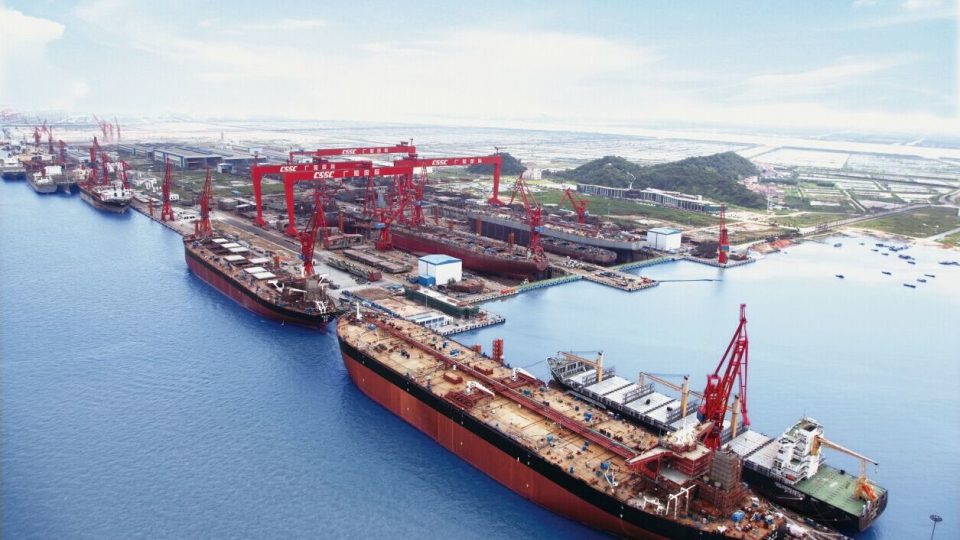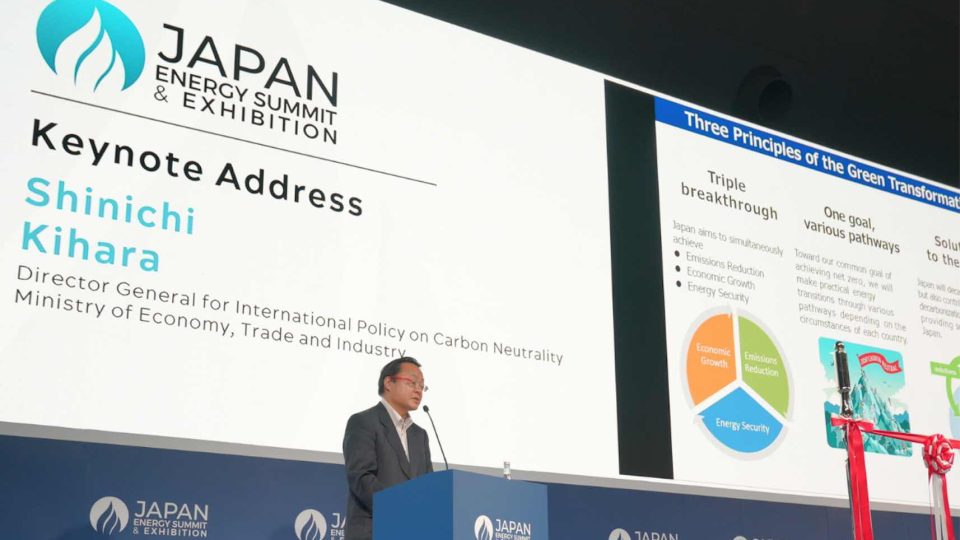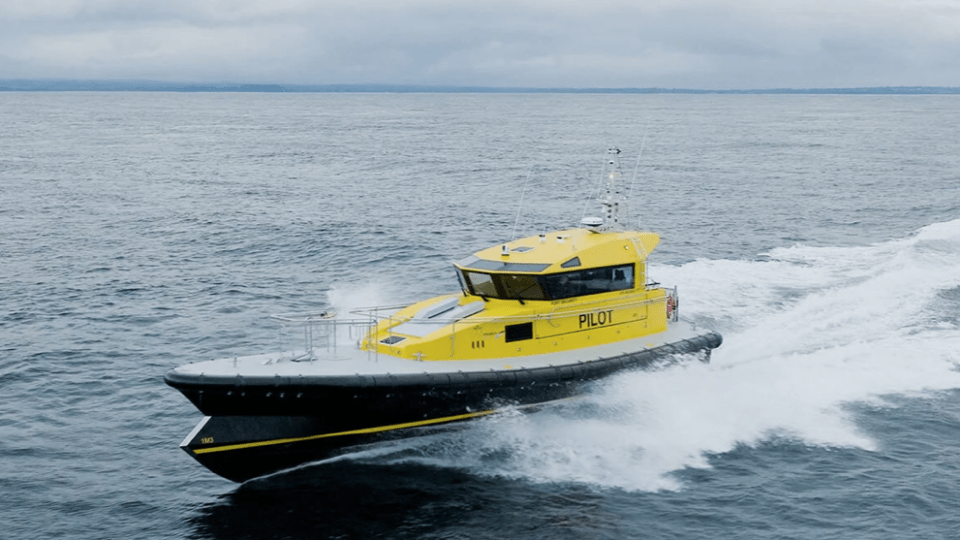Rolls-Royce, first LNG tugboat with hybrid system into operation in Singapore
Rolls-Royce has supplied two 16-cylinder mtu Series 4000M55RN gas engines and the gas regulating unit (GRU) for the harbour tug.
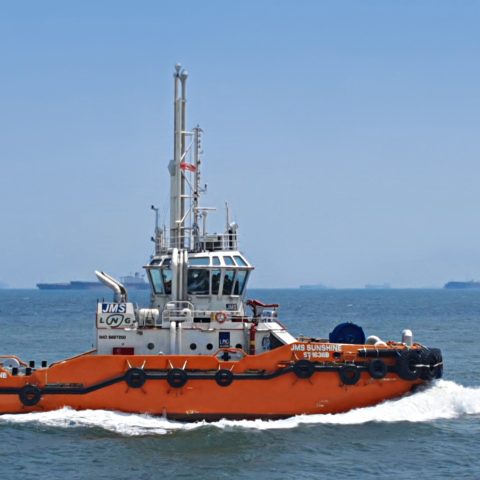
JMS Sunshine, the world’s first LNG tug powered by a hybrid system with mtu gas engines from Rolls-Royce. Seatrium Limited, a leading engineering solutions provider to the global offshore and marine industry is the designer, builder and operator of the new 29-metre, 65-tonne bollard pull tug. The Port of Singapore has committed to the Maritime R&D Roadmap 2030 with the aim of making it environmentally friendly and reducing energy consumption.
Rolls-Royce has supplied two 16-cylinder mtu Series 4000M55RN gas engines and the gas regulating unit (GRU) for the harbour tugboat. Chiam Toon Chong, Technical Superintendent, Seatrium Marine Services, acknowledged: “The handling of mtu engines is straight-forward, and user-friendly. Additionally, spare part availability and service support is excellent for the operation of tugs.”
“We are proud that we were able to contribute to Seatrium’s innovative project with our gas engines. The workboat market is one of our strategic business areas. The mtu engines were selected because they meet the demanding requirements of harbour tug operations – in terms of reliability, ease of operation, dynamic engine behaviour and low emissions,” said Chew Xiang Yu, Head of Rolls-Royce Power Systems’ civil marine business in Asia.
The mtu gas engines are already well below the limit values of current emission guidelines (such as IMO III) without exhaust gas aftertreatment. The particulate mass is below the detection limit and they emit only small quantities of nitrogen oxides.
The hybrid system is particularly suitable for the load profile of the harbour tug: it enables very precise manoeuvring and a strong bollard pull when the full power is used. To achieve maximum thrust, the total power of the two azimuth stern thrusters is 4000 kilowatts. This is achieved by adding to the 1492 kilowatts each supplied by the mtu gas engines and 500 kilowatts of electric motor power on each shaft. The tug is equipped with a battery capacity of 904 kilowatt hours. The battery power is used to absorb peak loads, for example during acceleration, to manoeuvre purely electrically in port and to supply the ship on board with electricity.
11 ships worldwide sailing with mtu gas engines
Rolls-Royce’s Power Systems division has already received orders for mtu gas engines as propulsion systems and on-board gensets for a total of eleven ships worldwide. These include ferries, tugs and government vessels. Two catamarans belonging to the Doeksen shipping company have been operating reliably with mtu gas engines on the North Sea in the Wadden Sea nature reserve since 2021. The Richmond ferry has been operating a commuter service on the Lake Constance drinking water reservoir in southern Germany since 2023. Operators and passengers are delighted: the engines are particularly quiet, produce no vibrations, no unpleasant odours and no black smoke.




